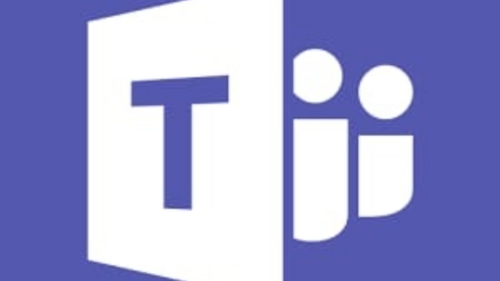News
Microsoft Addresses EU Concerns About Teams Integration

In response to concerns the European Union (EU) raised regarding potential antitrust issues, Microsoft has unveiled plans to separate its Teams communication platform from its widely used Office suite. This strategic move addresses EU apprehensions about the tech giant’s potential market dominance and exploitation through bundled software offerings. In July, the European Commission initiated an investigation to examine whether Microsoft was engaging in practices that involved “abusing and defending its market position” by integrating software packages as reported by Briefly.
Also Read: Serial Litigant Declared Vexatious After Claiming Billions in Compensation
Should the commission’s investigation conclude unfavourably for Microsoft, the company could be subjected to substantial fines or mandated corrective actions. Seeking to alleviate these concerns, Microsoft has decoupled its Teams platform from the Microsoft 365 and Office 365 suites within the European Economic Area and Switzerland, with this separation taking effect from October 1. Nanna-Louise Linde, Microsoft’s Vice President of European Government Affairs, stated that customers will now have the option to purchase the software without Teams at a reduced price point.
Linde conveyed the company’s proactive approach in a blog post, acknowledging the significance of the concerns raised by the European Commission. She noted, “We are announcing proactive changes that we hope will start to address these concerns in a meaningful way, even while the European Commission’s investigation continues and we cooperate with it.”
Microsoft’s bundling practice combined Teams with its cloud-based Office 365 and Microsoft 365 suites, encompassing popular applications like Word, Excel, PowerPoint, and Excel.
Teams are versatile platforms facilitating messaging, video calls, and file sharing. The origins of the commission’s inquiry can be traced back to a complaint in July 2020 by Slack. This U.S. startup directly competes with Teams. Subsequently, Salesforce acquired Slack. The EU Commission also expressed reservations about potential limitations on interoperability between Microsoft’s productivity suites and competing products. To address this, Microsoft intends to enhance compatibility between its software and rivals, making cross-functionality more accessible.
The investigation’s completion timeline remains open-ended. Linde emphasised Microsoft’s commitment to collaborating with the commission and seeking pragmatic solutions that promote the interests of both customers and developers across Europe. This strategic adjustment underscores Microsoft’s responsiveness to regulatory concerns while maintaining a competitive software landscape within the EU market.
Also Read:
Follow us on Google News
Photo: Facebook / @Microsoft Teams Intelligent Communications






















